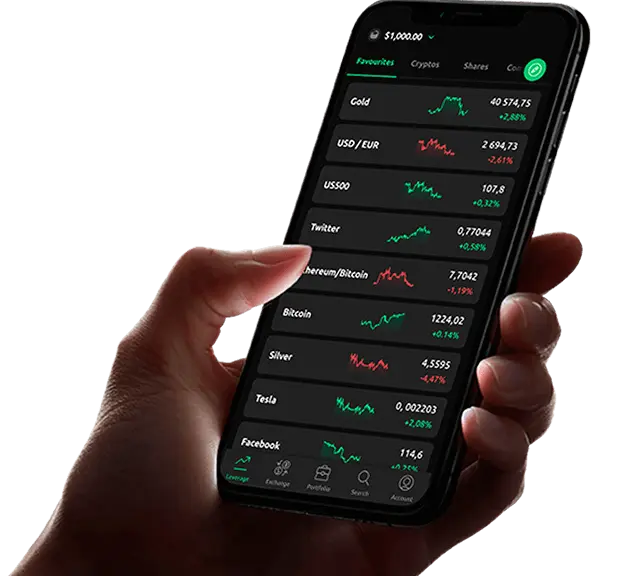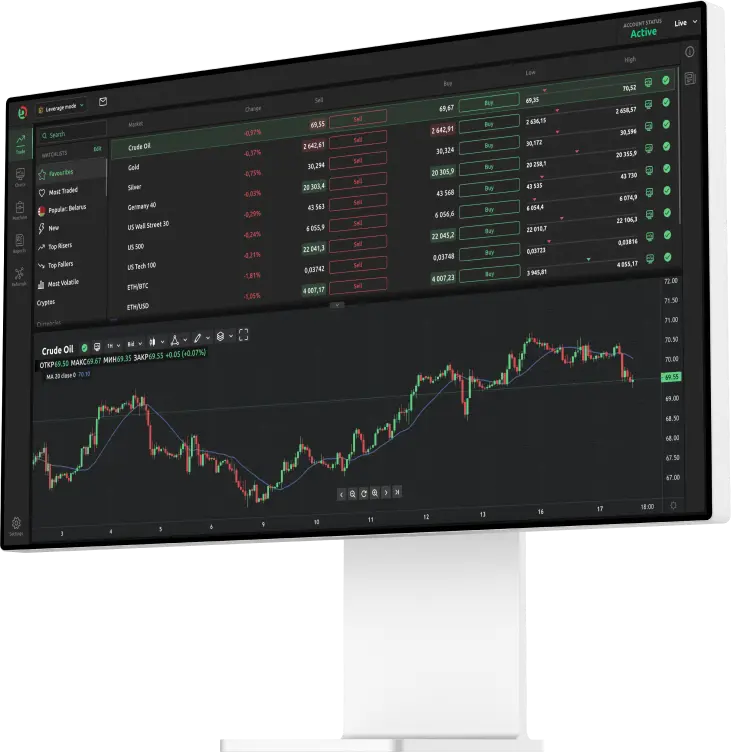The price a buyer is willing to pay for stocks, foreign currency and other assets

Bid price is the maximum amount a buyer is willing to pay in order to acquire stocks, foreign currencies and other forms of assets.
On the other side of the equation, you have the sellers. If they are considering selling a security, they will set something known as an ask price. This amount is always higher than a buyer’s bid price, and the difference between the two is referred to as the bid-ask spread.
There is nothing to stop a prospective buyer to approach someone even if they weren’t intending on selling their assets. These offers are known as unsolicited bids.
When done right, bids can give traders the opportunity to acquire the assets they want at a desirable rate. Let’s imagine that Charlie is interested in buying shares at a tech company where prices have recently been fluctuating between $30 and $35. Using a limit order – which means a purchase is only made when a share price falls below a pre-determined amount – he can set a bid price of $32.
This strategy helps to ensure that he doesn’t end up paying more than he wanted for those shares. A trade would only take place if a seller agreed to complete the transaction on those terms.
Bid prices are an effective way of illustrating buyers’ demand for a particular asset. The higher the price, the likelier it is that there is competition in the marketplace.

